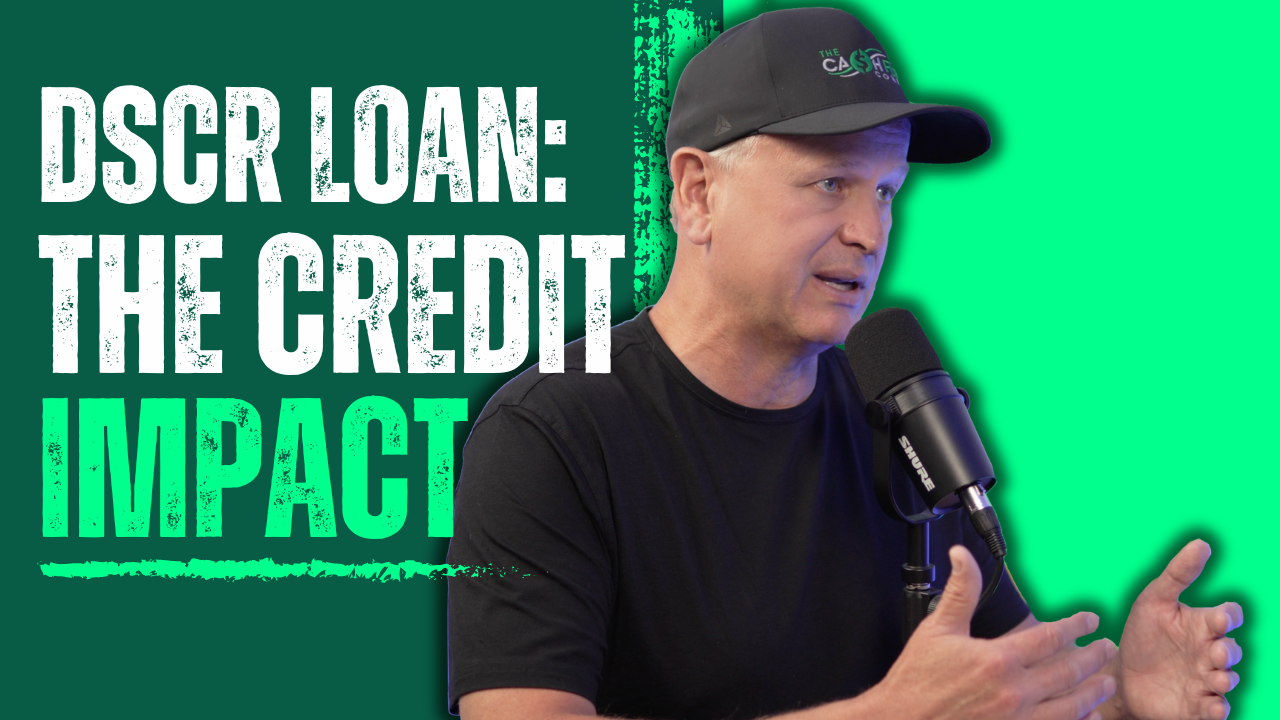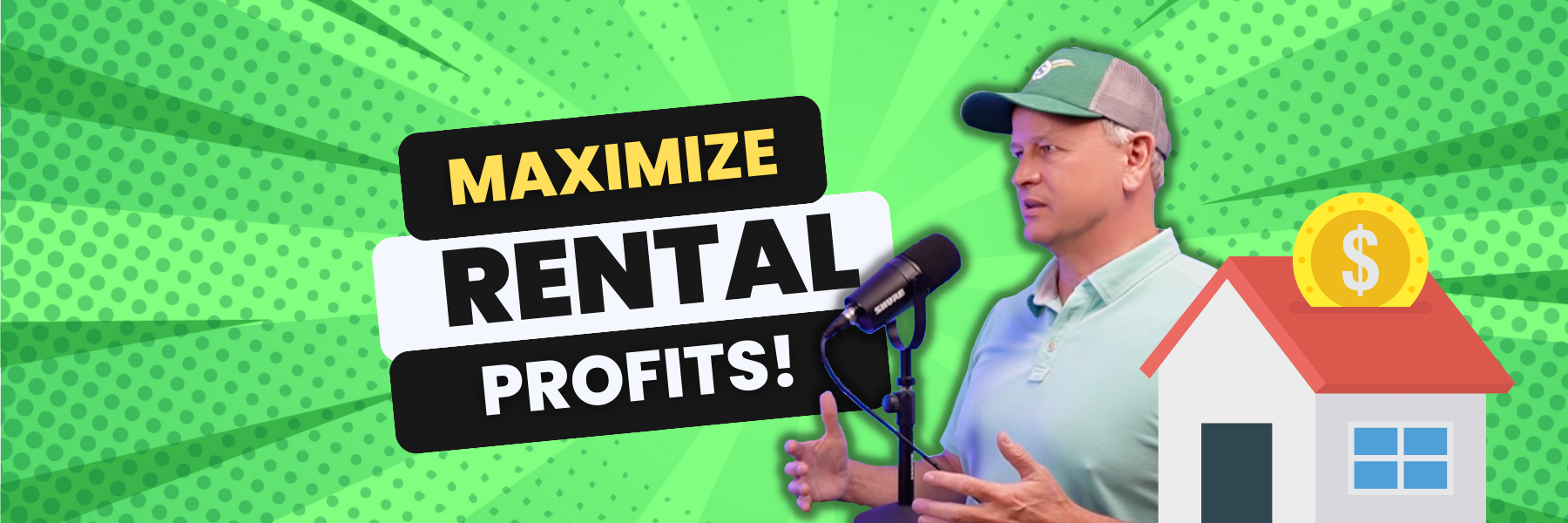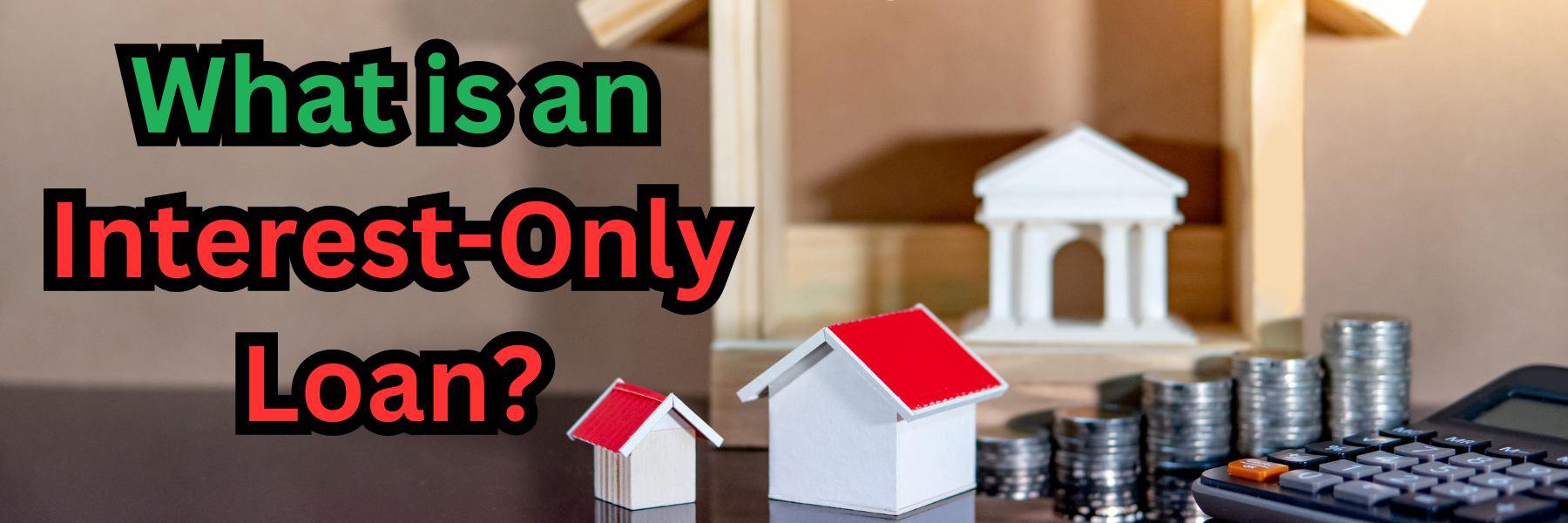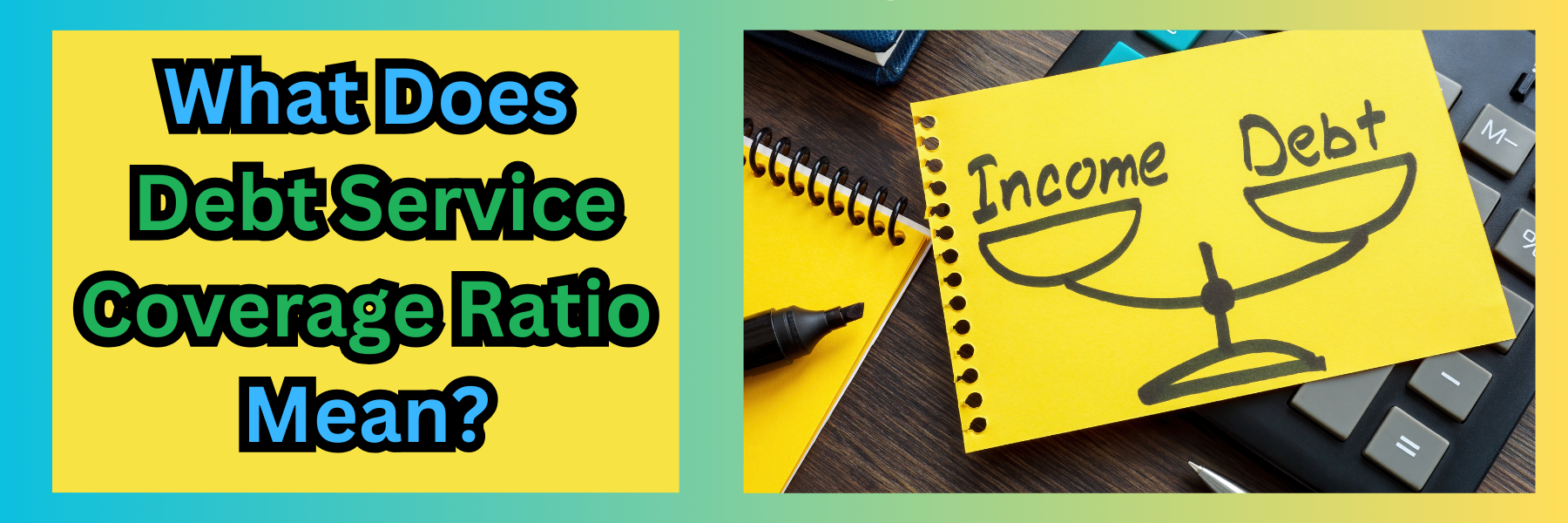DCSR Rates: What Investors Can Expect to See
Welcome to Your September 2024 Market Update
Today we are focusing on DSCR rates and what investors can expect to see! Here at The Cash Flow Company we want to keep you up to date on where the real estate market is heading and what it means for you as an investor. Let’s take a closer look!
Great News for DSCR Loans: Rates are Dropping
If you’ve been eyeing DSCR loans, there’s some good news. We’ve seen rates drop by about 30 basis points this month alone. For well-qualified clients with strong properties, rates are now in the high sixes for 75% to 80% loan-to-value (LTV) ratios. That’s a significant decrease and nearly half a point lower than just a few months ago.
What’s Next?
Looking ahead, it’s a bit uncertain. The Federal Reserve is likely to increase rates by a quarter-point in September, and they’re talking about a few more hikes before the year ends. However, DSCR rates are based on a 5-year term rather than a 10-year, so they may fluctuate differently. However, by the end of the year, we could see these rates dip into the low sixes and possibly even the high fives early next year.
The Bottom Line
Thankfully we are seeing rates trending down across the board. That’s great news not only for cash flow and affordability, but also for getting your properties sold. The past year has been tough with high rates, but the tide is turning. More buyers are entering the market, properties are starting to cash flow again, and there’s a lot more activity overall.
Stay Updated with Our Mortgage Report
Want to keep up with where rates are headed? We’ve got a mortgage report that tracks the trends and tells you who’s offering the best rates for fix-and-flip, DSCR, and other loan products. Watch our most recent video to find out more about DCSR Rates: What Investors Can Expect to See.










